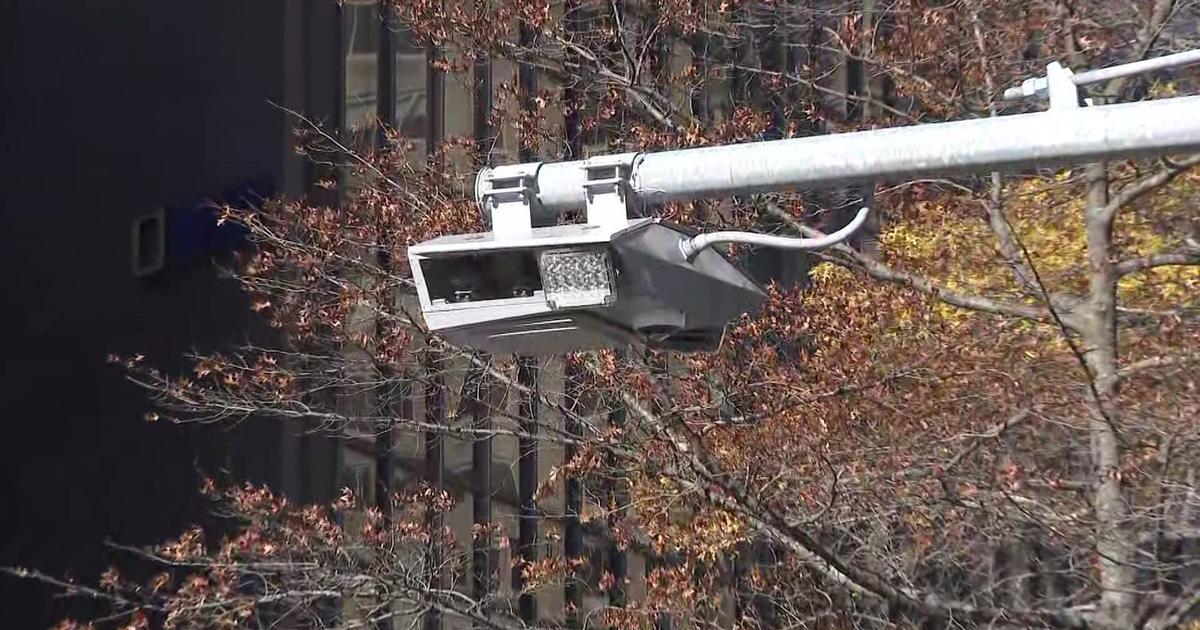NYC Department Of Health Launches Aggressive Plan To Stop Spread Of Rabies In Raccoons
NEW YORK (CBSNewYork) - Rabid raccoons have recently been found in New York City for the first time since 2011.
The Department of Health has launched an aggressive plan to stop the spread of rabies.
Wildlife experts have begun to humanely trap, vaccinate and then release raccoons in several parks.
Most of the parks are located in upper Manhattan, including Inwood Hill, Isham, Fort Tryon, Fort Washington and the northern section of Central Park.
"This is a preventative measure to ensure that our residents remain safe," said Health Commissioner Dr. Oxiris Barbot. "Rabies is a serious illness, so I encourage New Yorkers to vaccinate their pets and keep a close eye on them when outdoors and to respect wildlife by keeping a safe distance."
Here's some additional information from the Health Department:
To protect yourself against rabies:
- Do not touch or feed wild animals, stray dogs or cats.
- Keep garbage in tightly sealed containers.
- Stay away from any animal that is behaving aggressively.
- Stay away from any wild animal that appears ill or acts unusually friendly. Call 311 to report a sick animal.
- Animals that have attacked, or seem likely to attack, should be reported to 911.
- Do not try to separate animals that are fighting.
To protect your pet against rabies:
- Make sure your dog or cat is up-to-date on rabies vaccinations. If you are experiencing financial hardship, please visit the DOHMH dog licensing page for upcoming free vaccine clinics.
- Keep your dog leashed while outdoors.
- Do not leave your pets outdoors unattended.
- If your pet has been in contact with an animal that might be rabid, contact your veterinarian immediately and report the incident to 311.
- Feed pets indoors.
If you are bitten or scratched by an animal:
- Immediately wash the wound with lots of soap and water.
- Seek medical care from your health care provider.
- If the animal is not owned, and can be captured, call 311.
- If the animal is a pet, get the owner's name, address and telephone number so the Health Department can monitor the animal.
- To report a bite, call the Animal Bite Unit (212-676-2483) between 9 a.m. and 5 p.m. during the week. At night or on weekends, call 212-POISONS (764-7667).
- For information about medical follow-up, call 311 or your medical provider.
If an ORV bait is found:
- ORV baits are small white packets covered in fishmeal. The packet contains a pink liquid which is the vaccine.
- The baits are not harmful to dogs or cats, but a pet may vomit if they eat a large number of them. Do not try to remove a packet from an animal's mouth.
- Intact baits are not harmful if people come into contact with them. Call the Poison Control Center at 212-764-7667 (212-POISONS) in the unlikely event that a person has direct skin exposure to the pink liquid vaccine. Instruct the exposed person to wash hands immediately with soap and water and/or an alcohol-based preparation.
For more information about raccoons in New York City, click here. For more information about rabies in New York City, click here.



